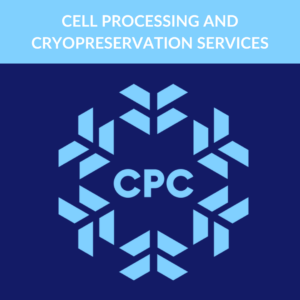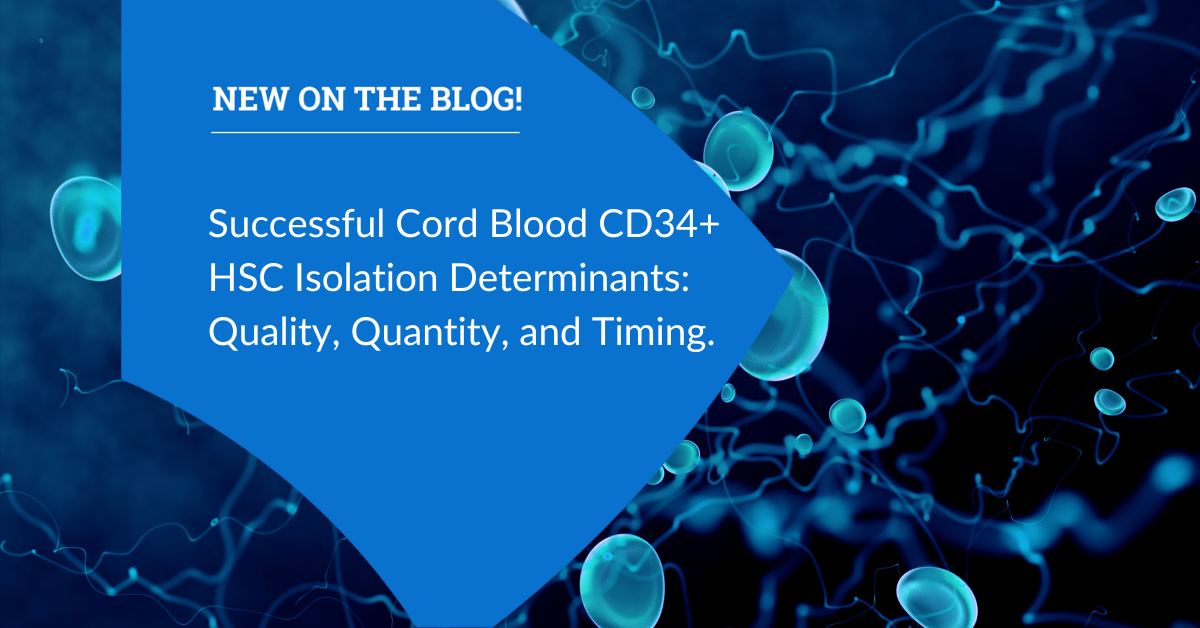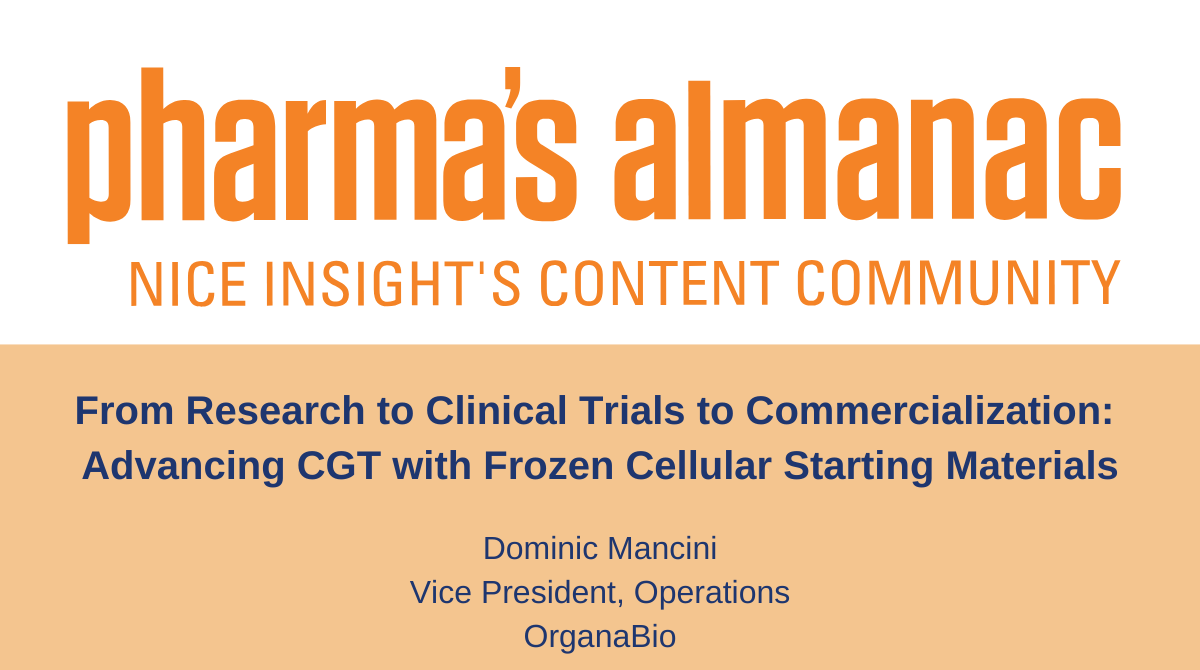Critical Gaps in Sample Processing Capabilities are Hindering Clinical Trial Advancement
With the global Coronavirus disease 2019 (COVID-19) pandemic and the resurgence of other viral infections such as Influenza and Respiratory Syncytial Virus in the recent past, the need for rapid and effective vaccine development has never been more critical.
The recent advancements of mRNA vaccines for numerous diseases, including cancer, and the increasing rate of clinical approvals for cell therapies as well as gene therapies highlight a growing need to support a wide spectrum of clinical trial testing1,2. Collecting and subsequently processing patient samples in a timely manner are paramount for next-generation therapies and drug development.
In the United States (US), regions like South Florida, Southern California, and other major metropolitan areas have emerged as epicenters for clinical trials given the broad diversity of these local populations.
Encompassing a wide range of genetic diversity and lifestyle backgrounds, the available patient and donor datasets derived from these diverse geographical areas are more representative of the broader population. However, the localization of clinical trial activity within these metropolitan regions has created challenges for clinical trial sample management.
Pharmaceutical companies, clinical research organizations, clinical sites at large, and translational research centers across the US often have limited capabilities to perform onsite sample collection and processing.
Many of these organizations lack sophisticated laboratories, operational infrastructure, and qualified personnel. As a result, clinical samples across the US are, in most cases, collected by one entity, shipped overnight to a second entity for processing, and then off to a third entity for analytical testing.
All these steps require a highly synchronized orchestration of complex logistics to coordinate activities including, but not limited to sample collection and packaging, coordination of intermodal transportation, and critical laboratory processing and testing within a condensed 6 to 24-hour window.
“For timely collection, processing and cryopreservation to occur seamlessly, a unique solution is required.”
These complex challenges add significant risk and cost to clinical trials. In some circumstances, more than 24 hours typically elapse between the sample collection and the start of sample processing. Delays in sample processing cause losses of cell health and viability as well as undesired phenotypic and functional changes that could void results and data3.
Time delays in blood processing, for example, have been shown to cause RNA degradation, leading to altered transcriptome profiles4. Moreover, research has demonstrated that certain analytes, particularly cytokines like interleukin-8, are highly susceptible to fluctuations following a delay in processing4,5.
The direction of change in analyte levels is not always consistent across patient participants, which introduces additional uncertainty when attempting to derive insights from clinical trial data5,6. For timely collection, processing and cryopreservation to occur seamlessly, a unique solution is required.
To bridge the clinical trial sample processing gap, OrganaBio has developed a purpose-built solution through its Cell Processing and Cryopreservation (CPC) Services business unit.
OrganaBio’s strategically placed CPC services facilities are situated in geographically diverse populations and are equipped with essential capabilities to mitigate critical gaps in sample processing.
OrganaBio’s CPC capabilities include cell isolation from various tissues and blood samples, as well as onsite and immediate cryopreservation services to provide unparalleled clinical trial support.
To learn more about OrganaBio’s CPC services to reduce risks and ensure seamless clinical trial progression, dedicated program experts are available for consultation via our email at [email protected] or through our website at https://www.organabio.com/contact/
References
- Lasch F, Psarelli EE, Herold R, Mattsson A, Guizzaro L, Pétavy F, Schiel A. The Impact of COVID-19 on the Initiation of Clinical Trials in Europe and the United States. Clin Pharmacol Ther. 2022 May;111(5):1093-1102. doi: 10.1002/cpt.2534.
- Barbier AJ, Jiang AY, Zhang P, Wooster R, Anderson DG. The clinical progress of mRNA vaccines and immunotherapies. Nat Biotechnol. 2022 Jun;40(6):840-854. doi: 10.1038/s41587-022-01294-2. Epub 2022 May 9. PMID: 35534554.
- Olson WC, Smolkin ME, Farris EM, et al. Shipping blood to a central laboratory in multicenter clinical trials: effect of ambient temperature on specimen temperature, and effects of temperature on mononuclear cell yield, viability and immunologic function. J Transl Med. 2011;9:26. Published 2011 Mar 8. doi:10.1186/1479-5876-9-26Wilson C, Dias NW, Pancini S, Mercadante V, Biase FH. Delayed processing of blood samples impairs the accuracy of mRNA-based biomarkers. Sci Rep. 2022;12(1):8196. Published 2022 May 17. doi:10.1038/s41598-022-12178-5
- Gottfried-Blackmore A, Rubin SJS, Bai L, et al. Effects of processing conditions on stability of immune analytes in human blood. Sci Rep. 2020;10(1):17328. Published 2020 Oct 15. doi:10.1038/s41598-020-74274-8
- Ashworth M, Small B, Oldfield L, et al. The holding temperature of blood during a delay to processing can affect serum and plasma protein measurements. Sci Rep. 2021;11(1):6487. Published 2021 Mar 22. doi:10.1038/s41598-021-85052-5
- Weinberg, et al. Effect of shipment, storage, anticoagulant, and cell separation on lymphocyte proliferation assays for human immunodeficiency virus-infected patients. Clin. Diagn. Lab. Immunol., 5 (1998), pp. 804-807






